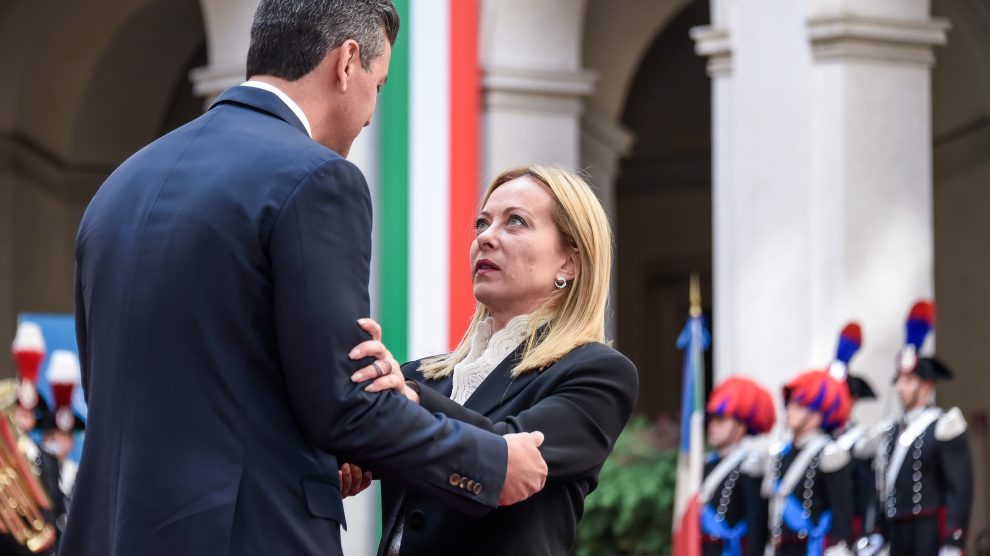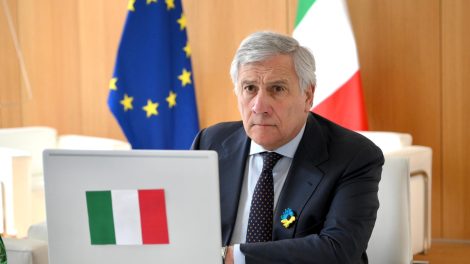Two meetings in less than three weeks between Italian Prime Minister Giorgia Meloni and Paraguayan President Santiago Peña Palacios — first on the sidelines of the UN General Assembly in New York, then today at Palazzo Chigi.
Decoding the news: Paraguay, which will assume the Mercosur presidency in January, is a key player in relaunching Euro–Latin American dialogue. The visit coincides with the Aqaba Process (October 14–15, Rome), adding a multilateral dimension.
Why it matters: For Italy, Paraguay is an economic and political partner — its third-largest European customer and supplier — with deep cultural roots, as over 25% of Paraguay’s population is of Italian descent.
- Meloni aims to deepen industrial cooperation (particularly in machinery and agrifood) and strengthen coordination against drug trafficking and organised crime.
Context: In recent months, Rome has multiplied its outreach to Latin America, prioritising the region for both government diplomacy and party-level connections. Go deeper.
Between the lines: The dialogue with Asunción is part of a broader effort to reconnect cooperation chains between Italy, Europe, and Mercosur at a time when China and Russia are expanding their influence across the region.
- Rome offers an alternative path through the Mattei Plan, economic cooperation, and parliamentary diplomacy.
- Peña’s participation in the Aqaba Process highlights Italy’s ambition to link the dynamics of the Latin American and African Global South, building shared platforms for security and development.
What we’re watching: On Wednesday, Meloni will address the Aqaba Process alongside Nigerian President Bola Tinubu, focusing on security in the Sahel and West Africa.
- The EU–CELAC Summit in Santa Marta in November will test the depth of Euro–Latin American cooperation.
- Looking ahead, Rome aims to push for the signing of the EU-Mercosur agreement. Italian firms expect to play a leading role, especially in the mechanical, steel, and pharmaceutical sectors.





